Conference & Awards
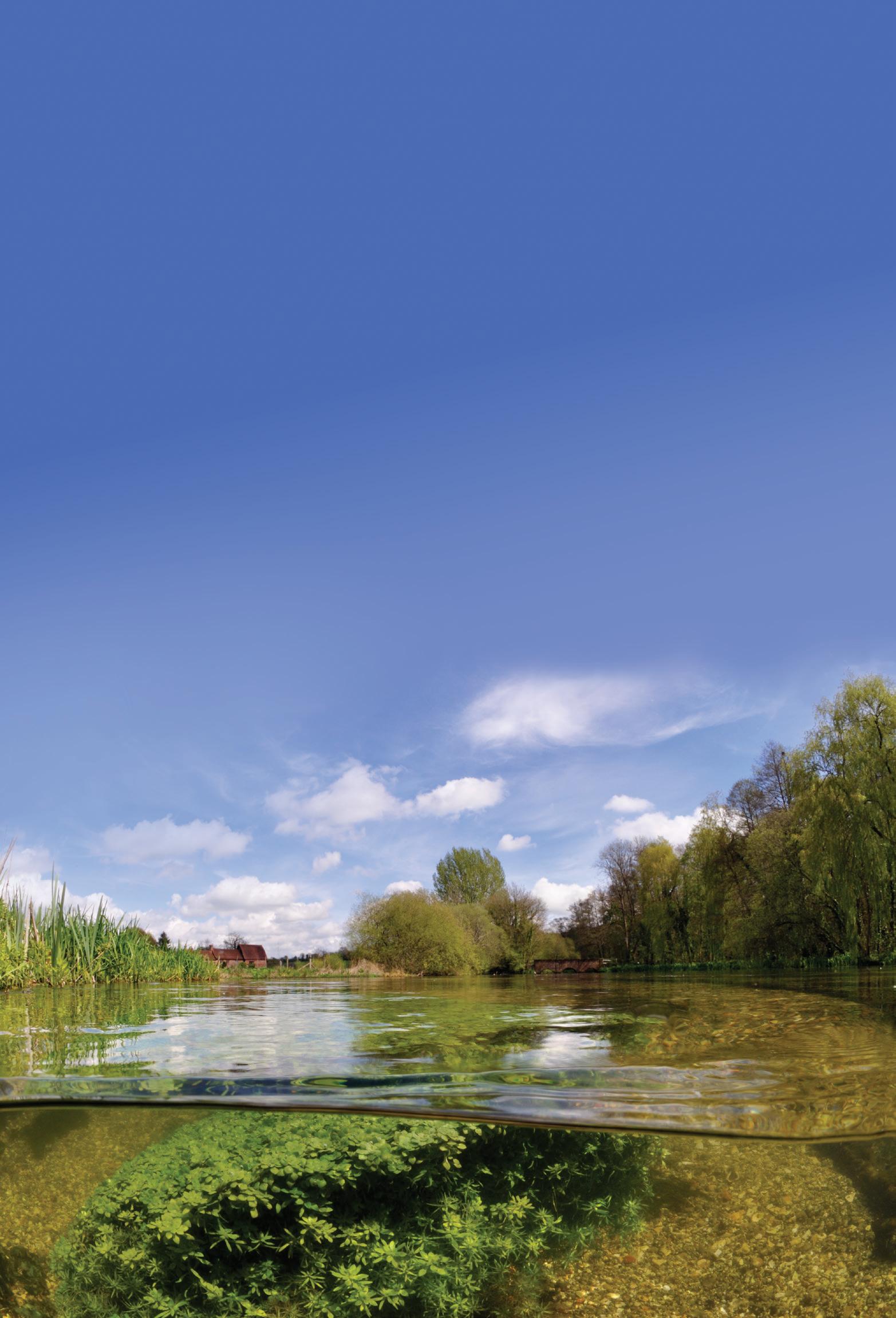
#TeamWilder
Welcome to the 2023 Wilder Conference and Awards
In 2019, Hampshire & Isle of Wight Wildlife Trust launched a new strategy, Wilder 2030, in response to the urgent challenges facing our wildlife and ecosystems. In it, we called upon everyone to play their part in reversing the declines in species and restoring our natural environment. We set out ambitious aims to inspire and empower 1 in 4 people to take action for nature, and to see 30% of land and sea secured for nature’s recovery by 2030.
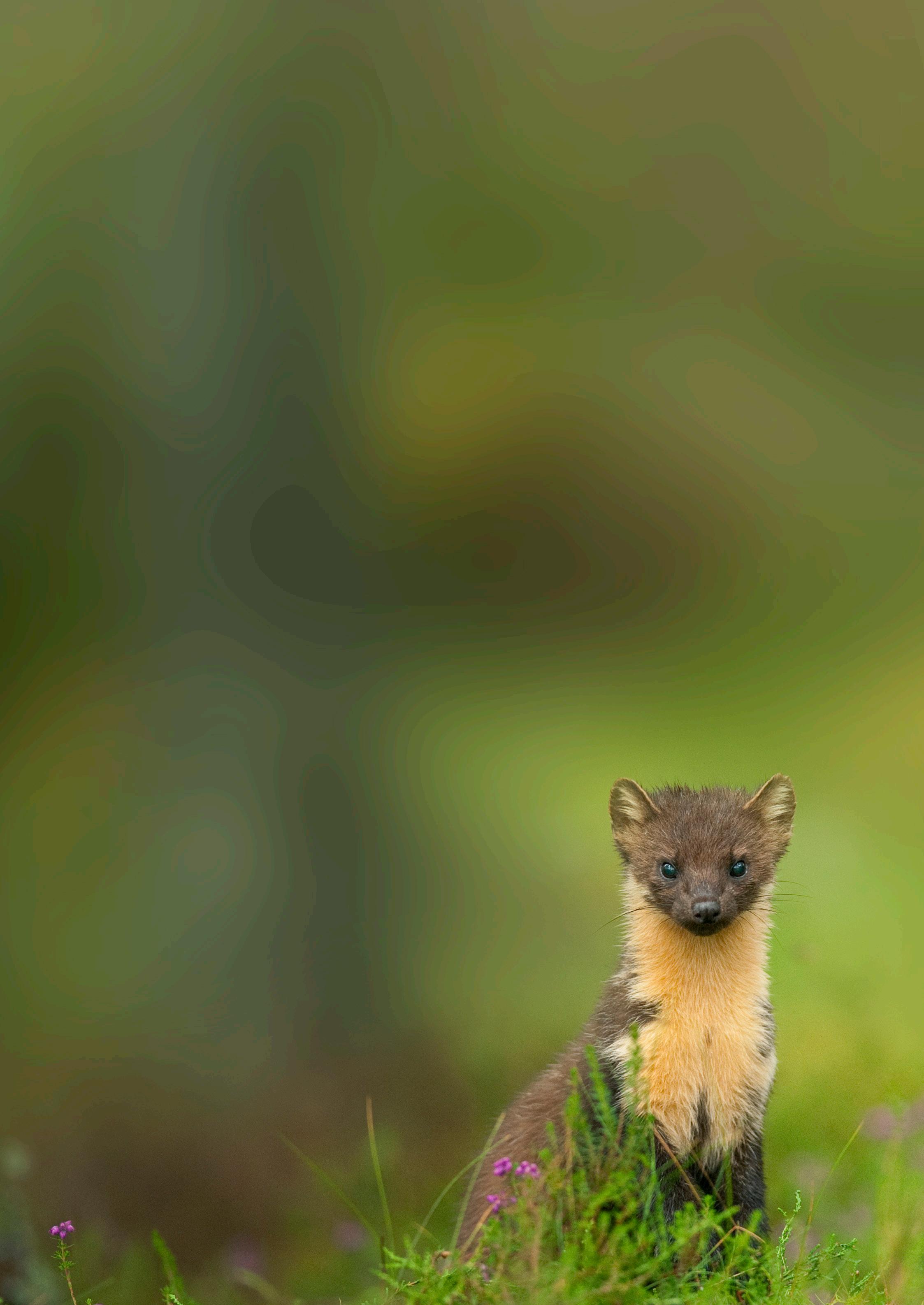
These aims are now widely supported, with a global consensus that 30% is the minimum space required for nature to thrive. Indeed, the UK government itself has committed to the target of ‘30x30’.
However, seismic shocks in the economic, political and social environment have occurred in the past three years and the outlook for the next few years is continued turbulence.
Today’s event is an important opportunity to come together and take stock – to celebrate the progress that has been made but also to debate the critical issues we face and the changes that are
needed now if we are going to put nature in recovery by the end of the decade.
Our first session will focus on how we achieve 30x30. To reach this goal in our counties, we need at least 60,000 hectares of additional land protected and restored for nature by 2030.
In the wider countryside, we are seeing signs of a shift to regenerative agriculture, but farmers and landowners need better government support and new economic models to enable food production alongside nature recovery.
New markets for nature-based solutions are beginning to power ecosystem restoration, climate adaptation and rewilding, but clear policies are essential to drive investment and confidence.
How can we speed up this vital transformation?
Our second session will dive into the challenge of creating wilder rivers and seas.
Our counties are blessed with some of the most precious freshwater and marine habitats, including globally important chalk streams and incredible seagrass meadows. These natural assets are not only vital for wildlife but underpin our future health and prosperity. However, none of our local rivers are in good condition and our coastal habitats are under constant pressure from pollution, climate change and disturbance.
How can we make the change from destruction and plundering of our ‘crown jewels’ to proper protection and investment in their recovery?
Finally, our awards ceremony will recognise and congratulate some of the brilliant people and
organisations that are making changes in their lives, communities and businesses, who are inspiring others and are leading the charge. This is such an important part of the picture because we can’t possibly tip the balance in favour of nature’s recovery without many more people on our side.
The science suggests that if 1 in 4 people act, this is enough to create lasting social change – a shift in public attitudes that will mean nature recovery is normal and proenvironmental choices are made as a matter of course.

I very much hope that today will inspire you to take your first or next step and feel ready to play your part in this movement towards a much wilder future.
Debbie Tann Chief Executive
13.00 Registration and refreshments
13.45 Conference welcome, Debbie Tann, CEO
14.00 Session 1 - Wilder Land
Chaired by Jamie Marsh, Director of Nature Recovery, Wilder Wight & Wilder Seas
Speakers:
• Mandy Lieu, Ewhurst Park
• Francesca Cooper and Hollie Fallick, Nunwell Home Farm
• Jo Heath, Hampshire County Council
• Allison Potts, Natural England
15.15 Break
15.45 Session 2 - Wilder Rivers and Seas
Chaired by Martin De Retuerto, Director of Nature Recovery, Wilder Hampshire
Speakers:
• James Wallace, River Action
• Professor Alex Ford, University of Portsmouth
• Sean Ashworth, Southern Water
• Ian Boyd, Arc Biodiversity and Climate
17.00 Conference close, Debbie Tann, CEO
Programme Conference
Awards
17.00 Drinks and canapes
18.00 Wilder Awards introduction and welcome, Megan McCubbin, Hampshire & Isle of Wight Wildlife Trust President
18.15 Award presentations
• Individual Action for Nature
• Wilder Neighbourhood
• Wilder School
• Young Changemaker
• Innovation for Nature
• Wilder Business of the Year
• Nature Recovery (Land and Sea)
• Outstanding Contribution to the Trust
19.30 Event close, Debbie Tann, CEO
Conference session 1
Wilder Land
Chaired by Jamie Marsh, Hampshire & Isle of Wight Wildlife Trust
Born and raised on the Island with a family connection to the Trust’s Wilder Nunwell site, Jamie brings a combination of local knowledge and two decades of land management experience to lead on the Trust’s Wilder Wight and Wilder Seas work.
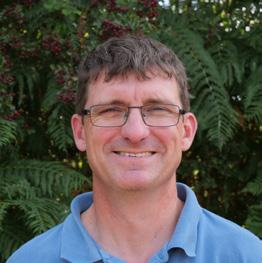
An advocate of landscape-scale restoration, Jamie has helped expand the Trust estate on the Isle of Wight, doubling the landholding over the past three years which now stands at 17 reserves covering over 1,100 acres.
Francesca and Hollie are childhood friends on a mission to rewrite the farming blueprint with their young families in tow. Tackling climate breakdown, biodiversity loss and UK food production, they are striding out and coming up with their own concept of what it means to farm holistically. They believe that nature restoration and protection can sit right alongside food production and have a positive symbiotic relationship.
By utilising methods of nature friendly farming, regenerative agriculture and circular design, they are bringing back the wild in the landscape, growing nutrient dense food for the local community and bringing the public along with them through education, social media and farm access.
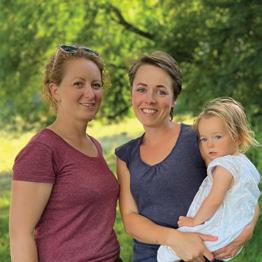 Francesca Cooper and Hollie Fallick, Nunwell Home Farm
Francesca Cooper and Hollie Fallick, Nunwell Home Farm
Mandy Lieu is an international entrepreneur and environmentalist. Having enjoyed success across Asia as a model, film and TV actor, presenter and producer, she started a new chapter in 2020 embracing her passion for nature joining the revolution in local, sustainable food. She is pioneering integrated land management, promoting biodiversity and food production on her 374-hectare estate, Ewhurst Park in North Hampshire, which is embarking on an ambitious landscape recovery project.
Jo has worked in the environment sector for her whole career and for the past 20 years has been with Hampshire County Council’s Countryside Service. Along with other responsibilities, Jo works closely with colleagues as a senior lead for natural environment in the County Council.
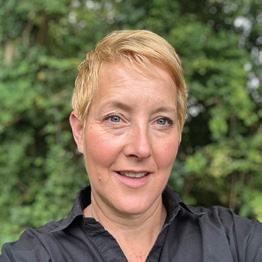
At the heart of Jo’s work is enabling people to access, enjoy, appreciate and protect the natural environment. One of her key achievements is the transformation of Hampshire’s country parks to secure their long-term financial future so they can be enjoyed by generations to come.

Allison Potts is Deputy Director, leading Natural England’s Thames Solent Area Team and Joint Chair of CIEEM’s Professional Standards Board. Allison has worked across the sector for nearly 20 years, having held roles in local government policy and Wildlife Trusts. Her interests are in collaborative environmental leadership, with a focus on delivering nature recovery that brings multiple benefits for both people and wildlife. A persuasive and passionate advocate for the natural environment, Allison believes nature-based solutions must underpin a sustainable future.
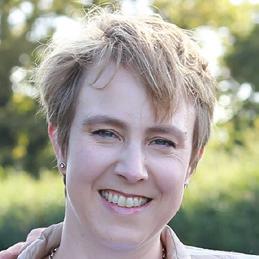 Mandy Lieu, Ewhurst Park
Jo Heath, Assistant Director for Universal Services, Hampshire County Council
Allison Potts, Deputy Director, Natural England (Thames Solent Area Team)
Mandy Lieu, Ewhurst Park
Jo Heath, Assistant Director for Universal Services, Hampshire County Council
Allison Potts, Deputy Director, Natural England (Thames Solent Area Team)
Conference session 2
Wilder Rivers and Seas
Martin has worked in nature conservation for over 20 years, and now leads much of the Trust’s nature recovery work in Hampshire, overseeing conservation delivery on the Trust’s estate and wider programmes in the countryside.
Martin’s passion is for Hampshire’s chalk streams and he has considerable experience of river restoration, reconnecting floodplains and working with freshwater fisheries.
 James Wallace, Chief Executive, River Action
James Wallace, Chief Executive, River Action
James is Chief Executive of River Action. He was formerly CEO of Beaver Trust where he supported the team to deliver the organisation’s strategy and led the national policy programme.
James is a naturalist, archaeologist and social entrepreneur. He has established or transformed enterprises ranging from conservation and development in the tropics (Blue Ventures), deep-sea exploration and research (Nekton Foundation) and ecotourism in Europe (Sawday’s) to climate communications (Susten8), CSR and education (Global Cool), renewable energy (Empower Community) and clean technology investment (The Research Exchange).
 Chaired by Martin De Retuerto, Hampshire & Isle of Wight Wildlife Trust
Chaired by Martin De Retuerto, Hampshire & Isle of Wight Wildlife Trust
Professor Alex Ford, University of Portsmouth
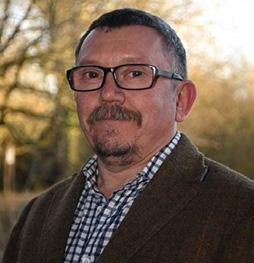
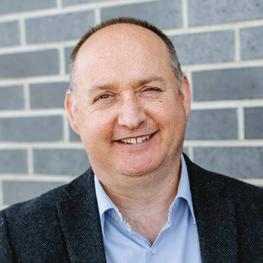
Alex Ford is a Professor of Biology based at the Institute of Marine Sciences at the University of Portsmouth and is deputy director of the Centre for Blue Governance. His expertise is in environmental toxicology but he has a broad interest in marine biology and parasitology. His more recent research has focussed on the impacts of pollution in coastal environments including the impacts of storm and wastewater discharges on marine habitats and wildlife.
Ian Boyd, Arc Biodiversity and Climate
Ian grew up obsessed with the natural world and spent a decade working as a warden on RSPB and Wildlife Trust reserves around England and Wales. In 1992, he moved to the Isle of Wight to join the council’s countryside team and went on to manage the Area of Outstanding Natural Beauty before establishing the arts and environment charity, Island 2000. In 2014, Ian and friends created the consultancy Arc Biodiversity and Climate as well as Artecology, focussed on ecological design and the campaigning group, The Common Space. His work focusses on the links between cultural identity and ecology, the built environment and its intentional design for wildlife, and the potential of the Isle of Wight UNESCO World Biosphere Reserve.

Dr Sean Ashworth, Environment Strategy Manager, Southern Water
Following the completion of a PhD at the University of Exeter studying the ecology of the eel, Sean has spent his career looking after the environment. He has worked as a manager at the Environment Agency looking after biodiversity, fisheries and catchment partnerships and was Deputy Chief at Sussex Inshore Fisheries Conservation Authority, leading on the introduction of the nearshore trawling ban, aka the kelp byelaw. Currently, he is an environment strategy manager at Southern Water working on catchment risk, natural capital and catchment partnership engagement. Sean is a Trustee of Sussex Wildlife Trust.
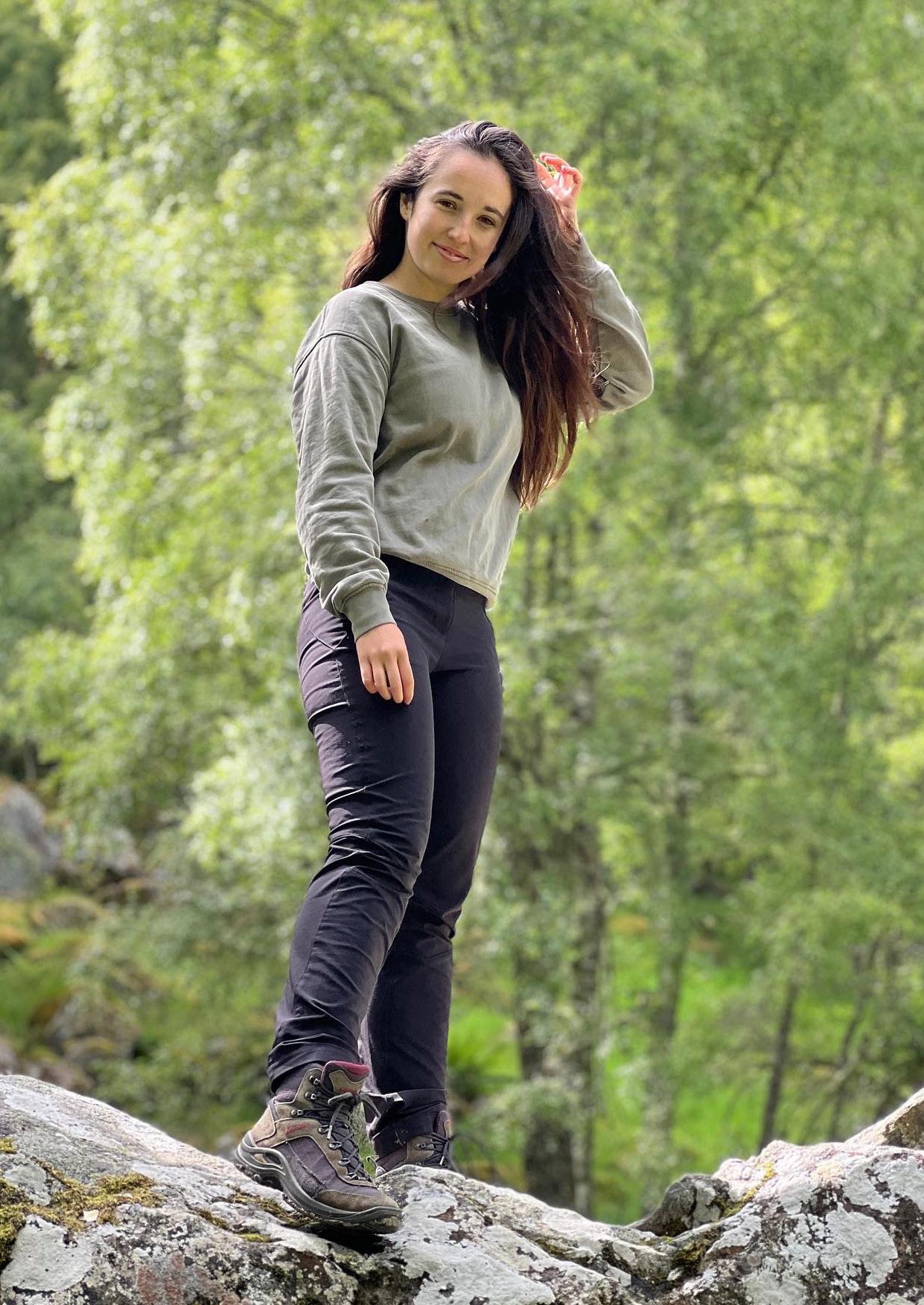
Wilder Awards
The Wilder Awards celebrate the achievements of individuals, groups and organisations who are leading the way towards a wilder Hampshire and Isle of Wight.
Since setting out our ambitions in Wilder 2030, we have seen hundreds of people step forward to play their part. Team Wilder is growing all the time and the idea has spread beyond our counties, with all 46 Wildlife Trusts now taking this approach.
The Trust is supporting and working alongside farmers, landowners and business leaders, all wanting to make a change. We are empowering individuals, communities and schools to do things differently, we are joining together to push those with power to act in the interests of future generations and we are learning from each other about what works for wildlife.
We are delighted that our President, Megan McCubbin, will present the 2023 Wilder Awards and we want to thank everyone who made a nomination this year. It has been a difficult but joyful challenge for those involved in judging the entries.
The short-listed nominees are...
Individual Action for Nature
Hazel Metcalfe and Sarah Smith
Hazel and Sarah have volunteered with the Watercress & Winterbournes Project since its beginning and founded the “Chalk Stream Challenge” badge to help young people to connect with their local chalk streams. Since its launch, the challenge has been very popular with uniformed youth groups across and beyond the project area and over 300 young people have been awarded the badge already!
Maria Moore
Maria has spent the past 20 years tirelessly removing the invasive Himalayan Balsam and litter from the woodlands and streams behind Mayfield Park, Southampton. Whilst at the park, Maria always makes time to speak to visitors about the wildlife found there, inspiring adults and children to care for and take interest in the local wildlife. Notable native species that have returned to the area since Maria’s clearing efforts include the Broadleaved Helleborine Orchid.
Howard Boardman
Howard is a keen angler and has a longstanding love of the rivers and their wildlife. A dedicated volunteer of the Watercress & Winterbournes Project, Howard has taken a leading role in training, supporting and coordinating a team of local volunteers to carry out surveys on all the Itchen headwaters to monitor the river’s health and attend local events to engage with the public on the importance of healthy river ecosystems.
Wilder Neighbourhood
Alton and Villages Local Action for Nature (AVLAN)
AVLAN aim to make Alton more friendly for wildlife and engage with the local community to take action for nature. Since forming the group, they organise monthly volunteer led Riverfly sampling in the River Wey and citizen science events. They planted native hedging whips to create a 500-metre hedge and have distributed 100 fruit trees to residents. They have also obtained licences from the council to manage some of the roadside verges to cultivate space for wildlife.
Wilder Bramley
Wilder Bramley formed on a shared vision of helping nature through increasing awareness, enhancing biodiversity and encouraging local participation. Initiatives include a community bee garden, a native wildflower area at the local playing field, the Bramley Green Grassland Restoration Project and encouraging Bramley residents to install Swift nesting boxes. The group also write a monthly article in the local magazine, partner with other local organisations and organise educational opportunities.
Fawcett Road Greening Group
The community group is comprised of neighbours who live around Fawcett Road in Southsea, Portsmouth and aims to make the street and the central Southsea Ward greener, more attractive to wildlife and bring the community together through their projects. Since their formation, the group has introduced planters containing wildflowers and edible plants in unused concrete areas, planted trees in open forecourts and have organised several community events.
Wilder School
Hounsdown School
Hounsdown School have formed a school eco-team which has been leading on a range of projects making the school grounds more friendly for wildlife and increasing nature connectedness with students. Projects include creating a wildflower meadow and planting 30 new trees. The children raised nine rare grey partridge eggs which successfully hatched. The school have designed a new eco-garden for wildlife and the eco-team represented the school at a local community conference focussing on rewilding Totton.
Mount Pleasant Junior School (MPJS)
MPJS in central Southampton have taken every effort to attract wildlife to their grounds and inspire students to nurture wildlife. The school has upcycled plastic items from students to create birdfeeders, birdhouses and hoverfly lagoons. They were gifted bug hotels and wooden birdhouses by a local business. MPJS has planted pollinator plants within the grounds and students visited Ewhurst Park after winning the beaver naming competition, helping to plant hazel and willow trees in the beaver enclosure.
Milford Pre School Plus
Located in Milford-on-Sea, Milford Pre School Plus manage an organic allotment where students support in growing fruit and vegetables sustainably. The pre-school has created three wildflower meadows, provided food and shelter for wildlife and has a wildlife pond which the children use regularly during school and holiday clubs. Milford Pre School Plus is also a certified Forest School, providing learner-inspired, hands-on experiences in a natural environment.
Young Changemaker
Arlo Phillips
Arlo made several suggestions to his school to help wildlife including growing plants and building a bug hotel. After building his own bat box with his grandfather, he inspired other students to grow specific plants providing food for bats. Arlo’s words: “Bug hotels in the front area by the pollinator plants so insects live and eat in the same place” inspired his school to build a dead hedge and beetle pyramids.
Tamsyn Dennis
Tamsyn is passionate about wildlife, a regular Wildlife Watch attendee at Blashford Lakes, and promotes sustainability and wildlife conservation in her local community. At nine years old, Tamsyn delivered a speech at a public meeting attended by councillors, local authority members and the public on the dangers of climate change and threats to wildlife and suggested ideas to support mitigating these issues.
Arun Carson
Arun started volunteering with the Trust aged nine and has been a marine champion for five years. His enthusiasm for marine wildlife and for researching species quickly made him one of the top intertidal surveyors, helping others with their species identification skills. Arun also reviewed and even wrote some of the online training for the Secrets of the Solent Project, ensuring that it was understandable and engaging to young people.
Innovation for Nature
Artecology
Based on the Isle of Wight, Artecology crafts regenerative ecological environments for wildlife and human communities. Their approach focusses on creating novel ‘intentional habitats’, designed specifically for enhancing biodiversity and bio-abundance using nature-based solutions. Products include the Vertipool™: an artificial rockpool habitat that has been used successfully on a range of coastal flood defence structures, providing an effective adaption to the challenge of sea-level rise.
Theo Vickers
Growing up on the Isle of Wight, Theo developed a fascination with marine life and taught himself how to use an underwater camera. His artistic creativity in capturing marine life has allowed people to see and appreciate the incredible marine biodiversity in the Solent. Theo uses his photography to engage with local communities through public talks, online communications and collaborating with others to promote marine conservation around the Island.
Students from the University of Delft: Vortex Filtration System
The different stages of seagrass restoration are time-consuming and labour intensive, making upscaling efforts difficult. Six Masters students from the University of Delft in the Netherlands designed and built a prototype vortex filtration system to efficiently separate seagrass seeds from decaying plant material. The innovative vortex filtration system could save over 200 hours on the current scale, which can be allocated to other crucial steps in the process.
Wilder Business of the Year
FatFace
FatFace has recently become B Corp Certified recognising their commitment to having high environmental and social standards. 100% of their cotton is sustainably sourced and they have been carbon neutral for the past two years. The company has dedicated thousands of pounds to rewilding projects across the UK, including a 75year National Forest Partnership which includes the planting of 60,000 trees and they are donating £30,000 a year for the next 3-5 years to the Trust’s Solent Seagrass Restoration Project.
The Oaks, Havant Crematorium
Built on previously intensive grazeland, the 3.4 hectares of land has been developed into a wildlife haven. The team of dedicated groundsmen ensure that a wide variety of trees, plants and wildlife thrive throughout the year. The site has a naturally draining pond, home to the rare heathland species Flowing Clubrush, and the wildflower meadows provide habitat for ground-nesting birds and a range of butterfly species. Sightings of the rare Barbastelle bat have also been recorded on the site.
NOSY Creative Agency
Located on the Isle of Wight, the company offer opportunities for staff to get involved in educational events and encourage them to take action for wildlife. They provide environmental training and ecoworkshops, offer plant seeds to staff to promote wildlife gardening and encourage staff to take part in citizen science surveys. As well as sponsoring a beehive, they also organise litter picking events across the Island.
Nature Recovery (Land & Sea)
Ewhurst Park
The 374-hectare site was bought by Mandy Lieu in 2020 with the aim to turn the formerly intensive grazeland into an organic farm that restores natural processes. The estate has low numbers of Tamworth pigs, Exmoor ponies, Mouflon and Longhorn cattle to mimic natural grazing and mixed crop planting to restore soil fertility. Mandy has also restored grassland and wetlands on the estate and has successfully reintroduced the first beavers to Hampshire in 400 years.
Lockerley Estate
Nunwell Home Farm
Hollie and Francesca farm 50 hectares of the Nunwell Estate on the Isle of Wight. Their focus is on nature-friendly regenerative agriculture, and the childhood friends are on a mission to rewrite the farming blueprint with their young families in tow. Tackling climate breakdown and biodiversity loss whilst producing nutrient dense meat and eggs for the local community, they are challenging conventional narratives and bringing back the wild in the landscape whilst inspiring people through education, social media and farm access.
Over the past eight years, the Lockerley Estate has transformed from a conventional arable system to a regenerative approach, embedding this across the entire 1,000 hectare farm business, fully integrating nature recovery with food production. The farm has also taken land out of production, rewilding 28 hectares of the estate and creating wood pasture with a target to increase their rewilding area to 82 hectares in 10 years. They have created meadows and introduced wildflower strips in large fields, increasing beneficial insect numbers and drastically reducing reliance on pesticides. Other changes include low intensity grazing, direct drilling techniques to minimise soil damage and a huge reduction in diesel use. The estate has seen higher levels of biodiversity including greater numbers of farmland birds such as the rare Tree Pipit and Yellowhammer along with greater insect abundance.
Outstanding Contribution to the Trust
Di Mitchell
Di has recently stepped down as Volunteer Reserve Manager at Coulters Dean Nature Reserve, having run weekly volunteer work parties since 1993. Over the past 30 years, Di has been an invaluable champion of the Trust, supporting our initiatives to preserve wildlife, giving talks to the local community illustrating the wildlife found at Coulters Dean and keeping meticulous recordings of her wildlife sightings and work on the reserve.
John Ayres
John has volunteered with the Trust for over 40 years as a Local Area Volunteer of the Hart and Rushmoor Group and as a Volunteer Reserve Manager with the Northern Estates Reserves Team. For many years, John has supported the Hart & Rushmoor Local Area Volunteers by growing plants and building bird and bat boxes to sell at local shows to raise vital donations for the Trust.
How old will you be in 2063?
Our iconic chalk streams are some of the most rich and rare habitats on Earth. But they are in drastic decline - pushed to the edge by pollution, drought and demand.
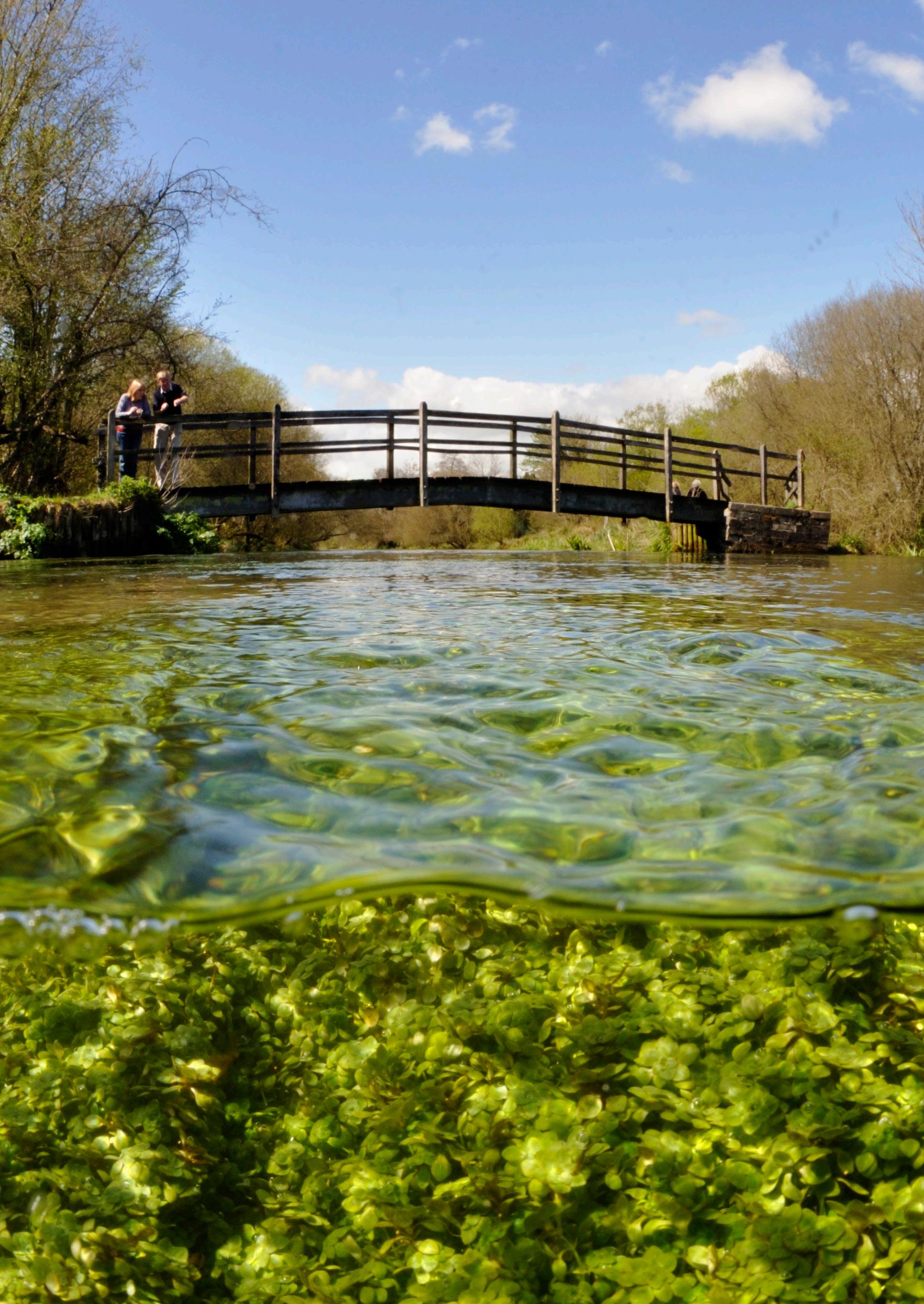
The UK’s wonderful freshwater wildlife is being lost at a faster rate than in any other ecosystem.
We urgently need to bring our rivers back from the brink!
The government says rivers won’t be healthy until 2063 but we can’t risk waiting that long. Help us Save our Chalk Streams today!

hiwwt.org.uk/rivers
For a wilder Hampshire & Isle of Wight Hampshire & Isle of Wight Wildlife Trust Beechcroft House, Vicarage Lane Curdridge, Hampshire SO32 2DP 01489 774400 feedback@hiwwt.org.uk hiwwt.org.uk
SAVE OUR CHALK STREAMS
Registered Charity Number 201081 | Company Limited by guarantee and registered in England No. 676313 Image credits: Front & Back Cover, River Itchen © Linda Pitkin/2020VISION, Pine Marten © Terry Whittaker/2020VISION





 Francesca Cooper and Hollie Fallick, Nunwell Home Farm
Francesca Cooper and Hollie Fallick, Nunwell Home Farm


 Mandy Lieu, Ewhurst Park
Jo Heath, Assistant Director for Universal Services, Hampshire County Council
Allison Potts, Deputy Director, Natural England (Thames Solent Area Team)
Mandy Lieu, Ewhurst Park
Jo Heath, Assistant Director for Universal Services, Hampshire County Council
Allison Potts, Deputy Director, Natural England (Thames Solent Area Team)
 James Wallace, Chief Executive, River Action
James Wallace, Chief Executive, River Action
 Chaired by Martin De Retuerto, Hampshire & Isle of Wight Wildlife Trust
Chaired by Martin De Retuerto, Hampshire & Isle of Wight Wildlife Trust





